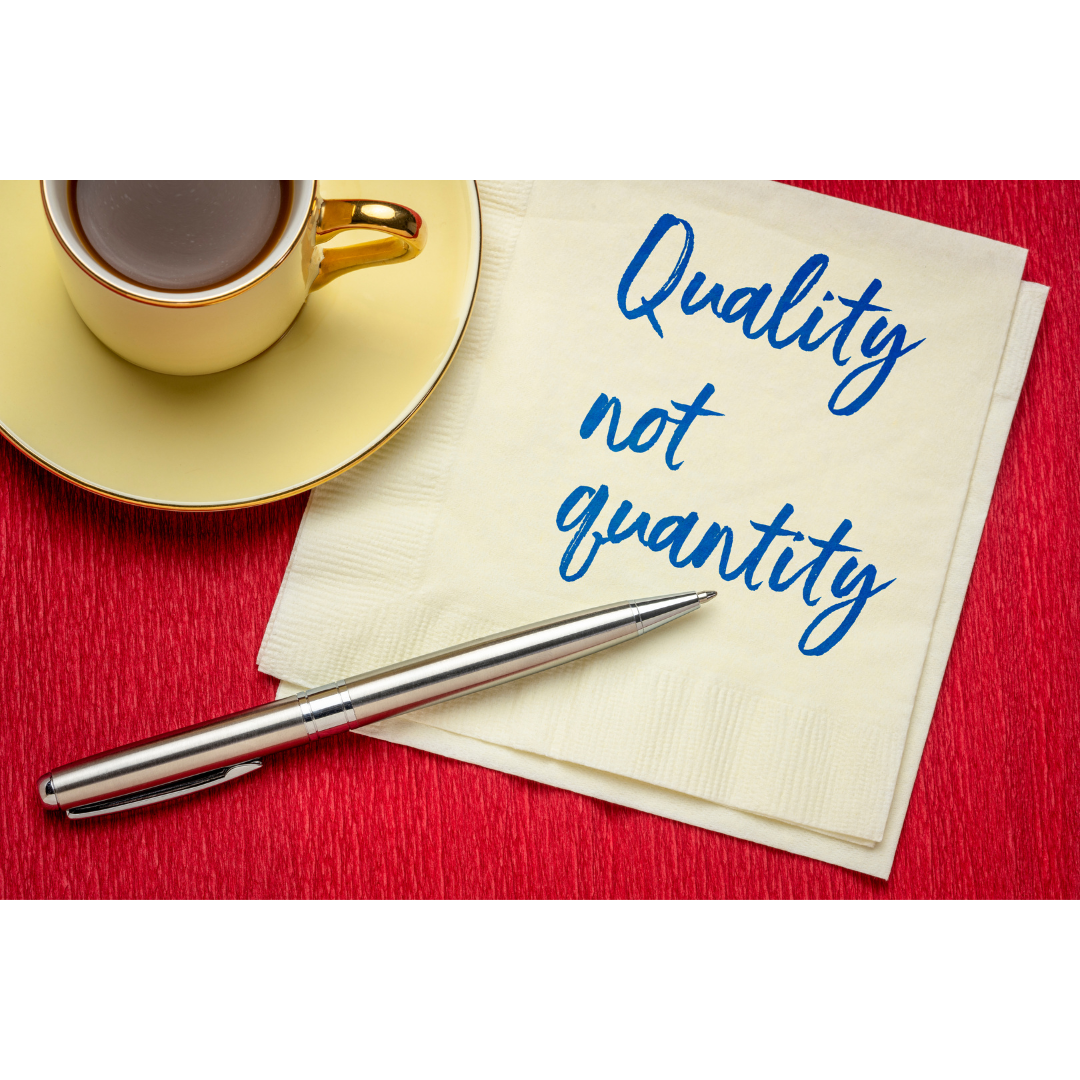Perfectionism Hinders Productivity

Welcome to the crossroads of perfectionism and productivity.
Productivity focuses on how many things or tasks you can complete in a given amount of time, such as cleaning multiple rooms in your home over one week. Perfectionism, however, focuses on the level of excellence you can accomplish with one specific task, such as cleaning your kitchen top to bottom and never leaving even the tiniest speck of dust. But what happens when you miss a piece of hair that falls on the kitchen floor as you’re cleaning, or a soap bubble creates a tiny water stain on the window that’s almost entirely invisible to the naked eye? Do you decide that you’ll never clean another room in your home, or do you opt to clean the kitchen for another 4 hours to ensure you didn’t miss anything? The truth is that perfectionism is a dangerous game many of us play. How do we keep ourselves from self-sabotaging our progress, thus our productivity? Here are three helpful things to keep in mind.